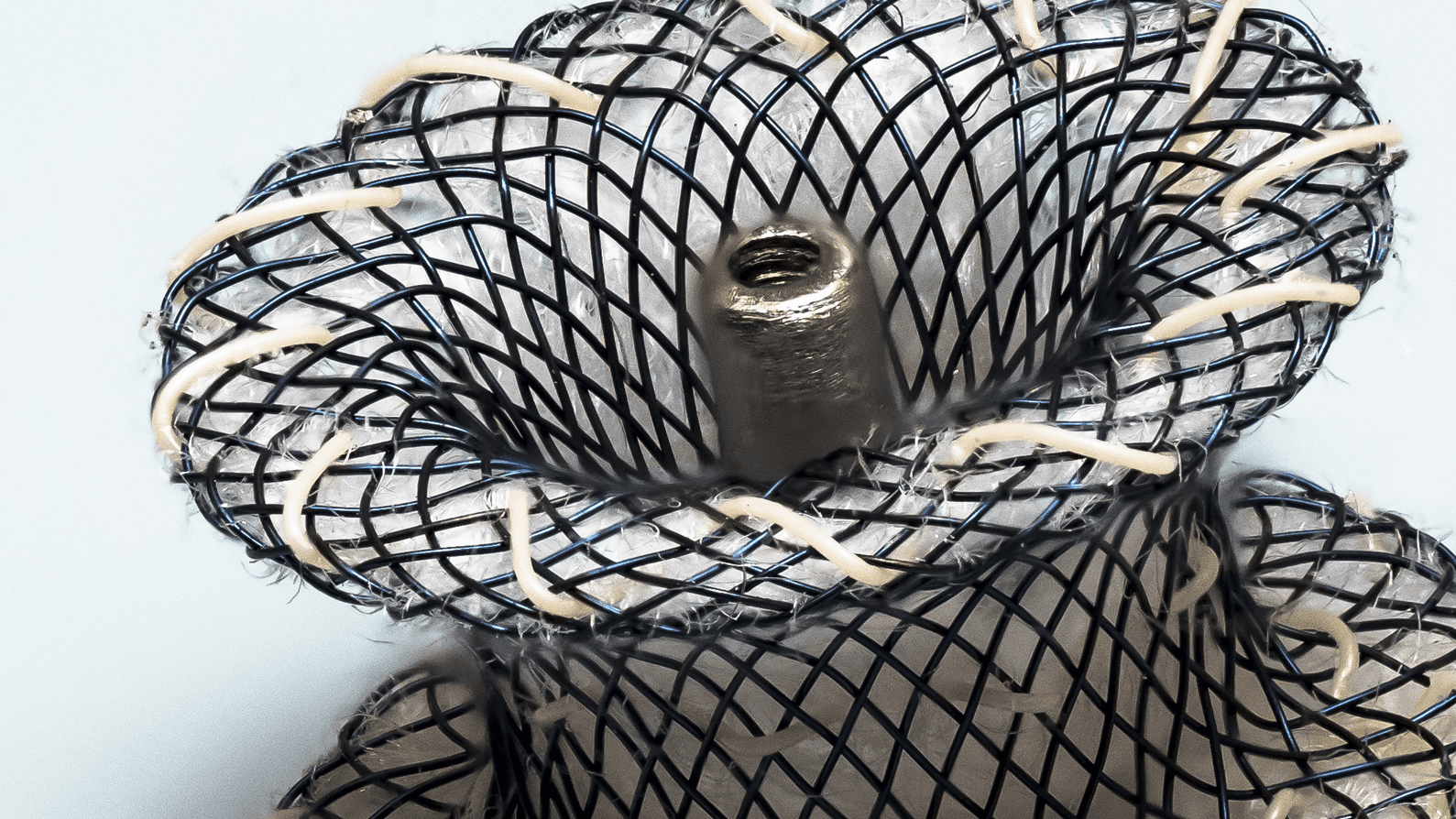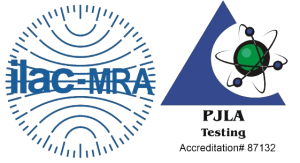Cardiac Occluder Testing
The BDC team is involved in the ISO committee (WG8) that has been drafting the upcoming standard for Cardiac Occluders by contributing our years of experience in evaluating these technologies, including: Septal Occluders and Left Atrial Appendage (LAA) Occluders. BDC Laboratories experience can be brought-to-bare for both acute bench testing, such as acute particulate and radial force, as well as durability testing of the implant and associated covering. In addition, as experts in the field of testing stents and stent grafts, the BDC team can execute the frame fatigue and structural assessment requirements of cardiac occluder technologies.
Our cardiac occluder implant testing capabilities, per the published guidance documents are listed below. In addition to these outlined tests, BDC is capable of supporting all aspects of the device evaluation, including developing the testing strategy, establishing protocols, validating methods, performing data analyses and providing regulatory quality final reports. Finally, all test programs can be executed at a level consistent with the data’s application to optimize efficiency in time and cost, ranging from abbreviated early stage development studies to final, formal regulatory submission studies.


Move Forward with BDC
ISO Standards
22679
- Fatigue Testing
- Durability Testing
- Component Corrosion Assessment
- Visual Inspection
- Dimensional Verification
- Device MRI Compatibility
- Simulated Use Assessment
- Acute Particulate Characterization
- Radial Force Testing
- Delivery System Assessments
ASTM Standards
- F2052: Measurement of Magnetically Induced Displacement Force on Medical Devices in the Magnetic Resonance Environment
- F2119: Evaluation of MR Image Artifacts from Passive Implants
- F2129: Standard Test Method for Conducting Cyclic Potentiodynamic Polarization Measurements to Determine the Corrosion Susceptibility of Small Implant Devices
- F2182: Measurement of Radio Frequency Induced Heating On or Near Passive Implants During Magnetic Resonance Imaging (MRI)
- F2213: Measurement of Magnetically Induced Torque on Medical Devices in the Magnetic Resonance Environment
- F2477: In vitro Pulsatile Durability Testing of Vascular Stents
- F2503: Marking Medical Devices and Other Items for Safety in the Magnetic Resonance Environment
- F2942: In vitro Axial, Bending, and Torsional Durability Testing of Vascular Stents
- F3044: Test Method for Standard Test Method for Evaluating the Potential for Galvanic Corrosion for Medical Implants
- F3067: Radial Loading of Balloon Expandable and Self Expanding Vascular Stents